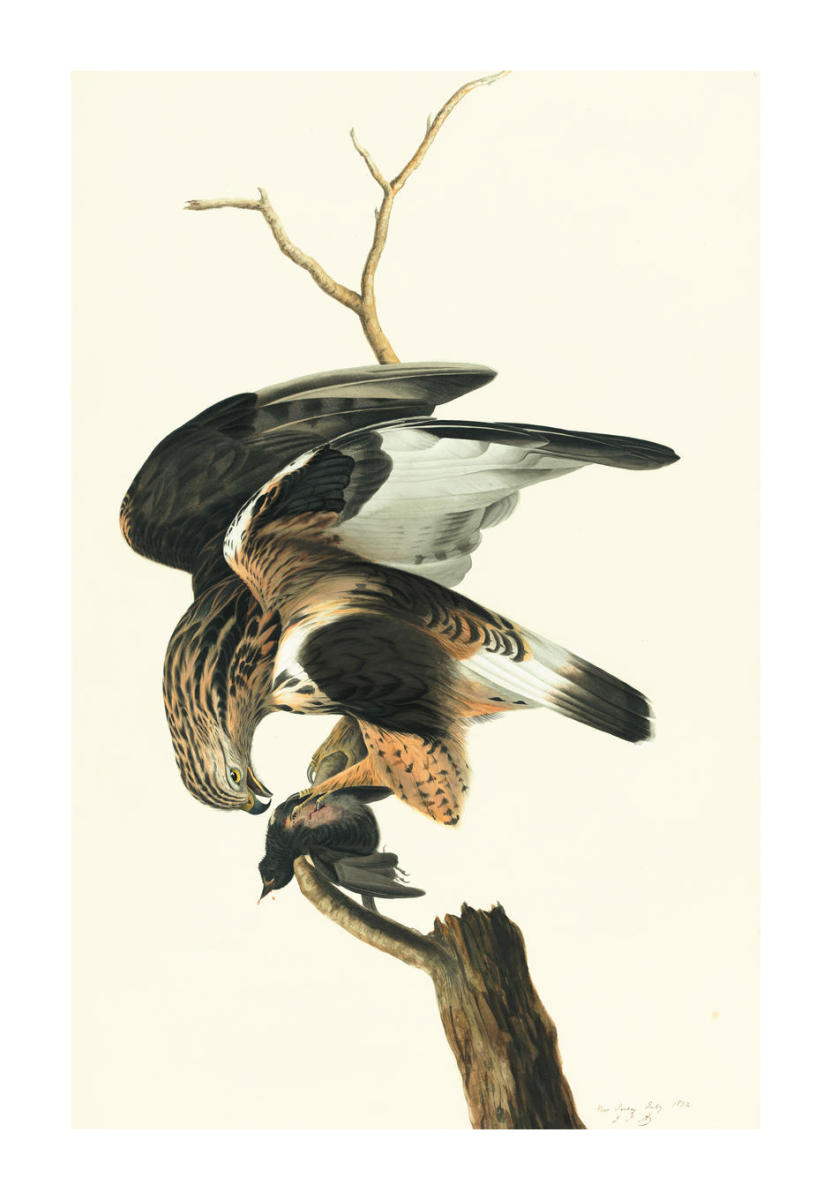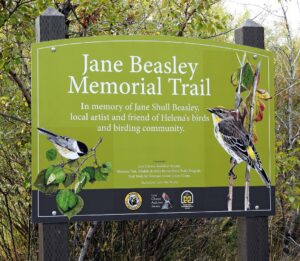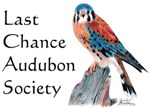Home
NEWS FROM LCAS
APRIL 2025 PROGRAM
Wildlife in the Helena Valley and Beyond

Tuesday, April 8, 2025 – Program begins at 7:00 PM Montana Wild, 2668 Broadwater Ave. Free – All Are Welcome
Retired from FWP as an Education Specialist, Kurt Cunningham spends his time exploring Montana’s wild spaces. As an avid wildlife photographer, he captures images of the wildlife observed along the way. After retirement, he upgraded his camera equipment and enjoys spending time outdoors taking better photos of wildlife. This presentation will show people how easy it is to interact with wildlife in the Helena surrounding areas – from easy morning walks/paddles at Spring Meadow Lake to day hikes in the surrounding Helena National Forest. Of course, no presentation is complete without a few Glacier Park and Yellowstone critters. Kurt’s presentation will provide a photo journey of all these places and the critters that inhabit them. Read more…
2024 Helena Christmas Bird Count smashes records!!
The Last Chance Audubon Society held the local Christmas Bird Count on December 14. Due to the mild weather and lots of open water, a record 85 species were seen, eclipsing the previous record of 77 species. There were four new species to the count: Great Black-backed Gull, Northern House Wren, Common Yellowthroat, and Yellow-headed Blackbird. There were also record high numbers for Common Grackle, American Robin, California Gull and Ring-billed Gull. There were also 20 all-time high counts (or ties). See all the numbers here.
Thanks to all the participants in this year’s count, and a special thanks to Coburn Currier who once again served as Coordinator!

Reminder when recreating on state lands in Montana
Audubon members venturing out onto public lands this spring and summer need to be aware of the law that went into effect last year which requires persons 12 and older to purchase a Conservation License when accessing most state lands. Please go to the Fish, Wildlife and Parks link below for more information or to purchase a Conservation License. Thank you!
https://fwp.mt.gov/buyandapply/conservation-license
PRACTICING ETHICAL BIRDING
Ethical Birding: As some of you are aware, periodically a ‘Rare Bird’ is sighted nearby, or some distance from Helena and attracts a lot of attention.

Cornell’s eBird program has designated several “sensitive species” in order to prevent birders and photographers from simultaneously flocking to an area to see them. The rationale for this designation is to protect these species from unnecessary stress due to disturbance. Even the most well-intentioned individual can inadvertently cause birds to become stressed without realizing it. A good local example is driving on the flats east of Helena, spotting a Prairie Falcon or Rough-legged Hawk on a power pole, and stopping close to the pole to take a photo which flushes the bird from its perch causing unneeded wintertime stress.
In addition, eBird and social media posts regarding the location of sensitive species can also lead to illegal trapping or taking of some species. Thus birders should always exercise caution when creating posts, or commenting on social media outlets regarding these birds and their locations. For sensitive species, such as Great Gray Owls and American Goshawks, eBird automatically hides the location information. If you include a sensitive species in an eBird checklist please consider using a general geographic location such as a county name.
A link from eBird discussing the nature of ‘Sensitive Species’ is included below. It defines protocols and practices for observing and reporting these birds. If you are planning to try to locate a known bird that meets the “sensitive” species definition, refer to the eBird Sensitive Species protocol, along with the ABA Birding Code of Ethics, before heading out.
Remember – ALL birds are susceptible to stress, so birds depend on us to practice good birding behavior in the field. Thanks for giving the birds a break.
The ABA Birding Code of Ethics: Practice and promote respectful, enjoyable, and thoughtful birding as defined in this code.
- Respect and promote birds and their environment.
- Respect and promote the birding community and its individual members.
- Respect and promote the law and the rights of others. Birding should be fun and help build a better future for birds, for birders, and for all people.
In brief: Sensitive Species in eBird are those for which demonstrable harm could occur from public display of site-level records, including (but not limited to):
targeted capture for the caged-bird trade;targeted hunting;targeted disturbance of nests, roosts, or individual birds from birdwatchers or photographers.
Let’s all practice good birding ethics. Helpful links: https://www.aba.org/aba-code-of-birding-ethics/
https://support.ebird.org/en/support/solutions/articles/48000803210-sensitive-species-in-ebird
— Bob Martinka, Last Chance Audubon Society Board Member
LAST CHANCE AUDUBON SCHOLARSHIP ANNOUNCEMENT
We are excited to announce the application process for the 2023-2024 High School Scholarship. This helps college students pay for expenses while pursuing studies in conservation, habitat protection, and/or restoration of value to avian and other wildlife species. To apply, please visit the Last Chance Audubon scholarship homepage.
BEASLEY TRAIL DEDICATION
 On Sunday September 12, 2021, LCAS dedicated a new trail at Spring Meadow Lake State Park. The trail was officially named the Jane Beasley Memorial Trail and is complete with decomposed granite foundation, weed remediation and signage. This project was a collaborative effort by LCAS, Montana Department of Fish, Wildlife & Parks and Montana Conservation Corps. The dedication hosted a variety of speakers and a hike along the new trail. Members of the Shull/Beasley family were on hand for a sign unveiling. Read more…
On Sunday September 12, 2021, LCAS dedicated a new trail at Spring Meadow Lake State Park. The trail was officially named the Jane Beasley Memorial Trail and is complete with decomposed granite foundation, weed remediation and signage. This project was a collaborative effort by LCAS, Montana Department of Fish, Wildlife & Parks and Montana Conservation Corps. The dedication hosted a variety of speakers and a hike along the new trail. Members of the Shull/Beasley family were on hand for a sign unveiling. Read more…



